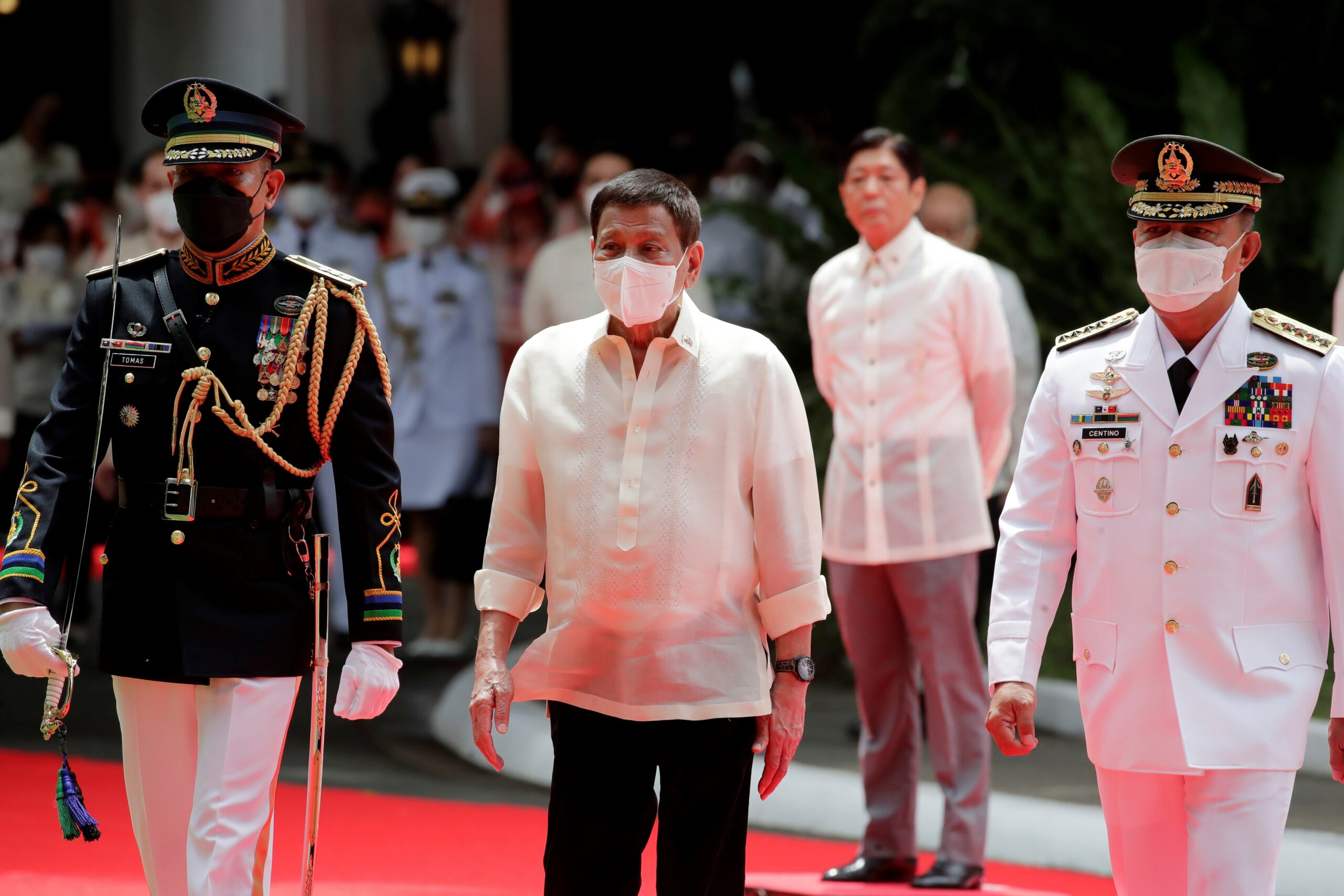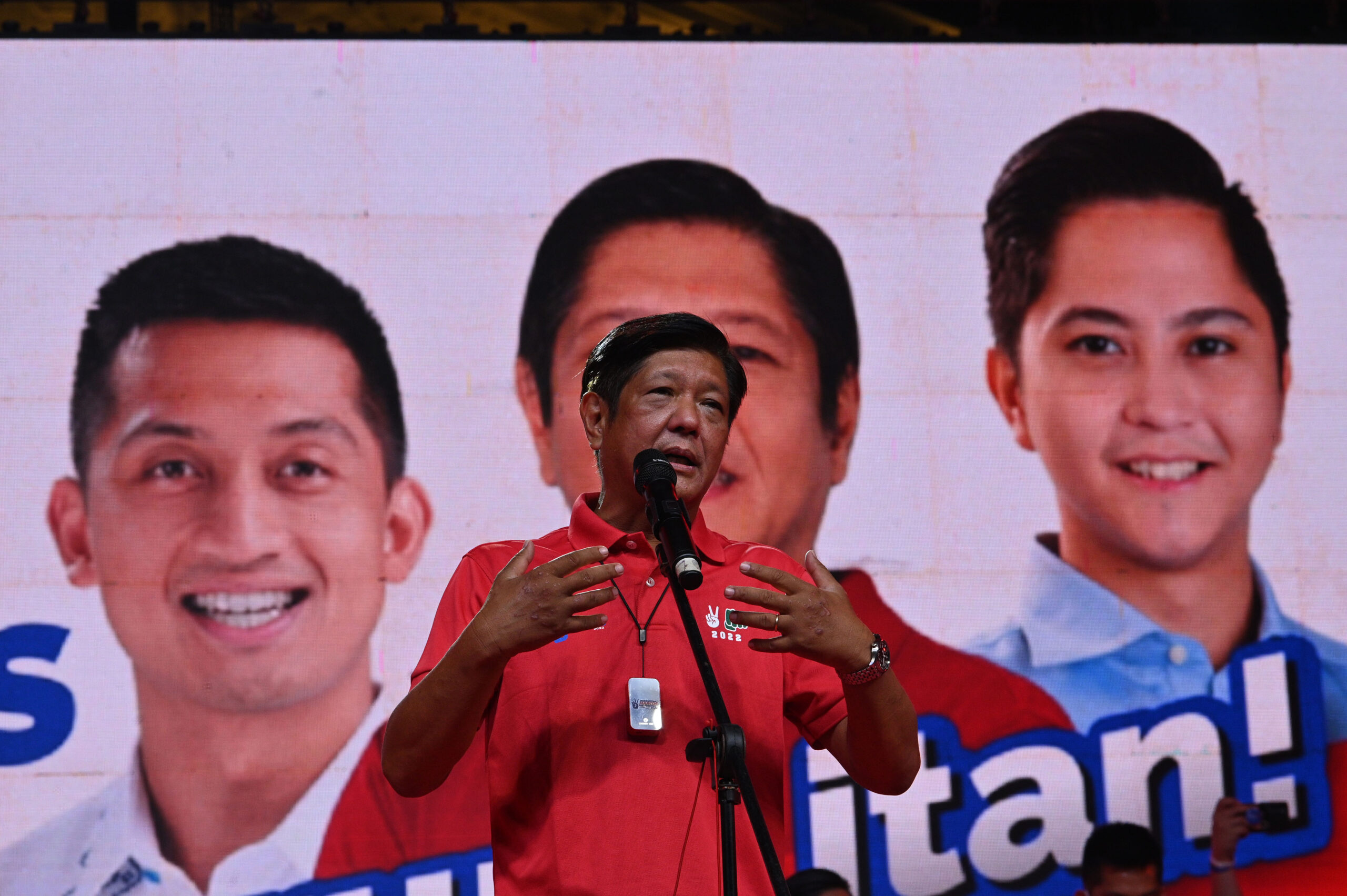At the end of June, Ferdinand Marcos Jr. will mark 12 months since he became the 17th president of the Philippines.
During his election campaign, the son of former strongman ruler Ferdinand Marcos Sr. promised to take a new approach to the ‘war on drugs’. This was likely an attempt to distance himself from then-President Rodrigo Duterte, whose violent campaign against illicit drugs cost the lives of thousands of Filipinos between 2016 and 2022.
In an interview last year, Marcos Jr. stated that “the war on drugs will continue, but we will have to do it a different way”. This promised a less punitive approach that was to be a “holistic, anti-drug campaign” that focusing on prevention, rehabilitation and education, rather than targeting and shooting drug dealers and users.
This was a key to Marcos Jr.’s election pitch, where he sought to dispel any concerns about human rights if he were elected president.
But 12 months on, statistics show nothing has changed on the ground.
Duterte’s crackdown was key to his election in 2016. At the time, the former president claimed there were three million drug addicts in need of “slaughter”. He also offered money to the Philippine authorities for killing drug dealers and users and said he would pay their legal fees if accused of killing drug suspects.
The toll of the drug war is astounding. The Philippine Drug Enforcement Agency estimates that approximately 6,200 people were killed under Duterte. But human rights groups have accused the agency of manipulating data, claiming the actual death toll is closer to 30,000 people.
In 2022, 324 people were killed, 149 in Duterte’s last six months in power and 175 in Marcos Jr.’s first six months.

But despite Marcos Jr.’s highly-publicised promises, 2023 has been no different. The Dahas reporting project tracked 148 drug-related killings between January and 7 June. Last month was the deadliest so far, with 37 killings.
Overall, 323 people have died in drug-related circumstances since Marcos Jr. took power.
This shows the war on drugs continues unabated, costing more lives.
Human rights groups have slammed Marcos Jr. for the continuation of the drug war. In January, Phil Robertson, deputy Asia director of Human Rights Watch, stated: “President Marcos keeps telling foreign leaders that he’s ready to improve the human rights situation in the Philippines, but this is not going to happen so long as the police kill suspected drug users with impunity.”
Another issue is transparency. The Marcos Jr. administration has followed its predecessor in either not releasing accurate statistics or misrepresenting the data.
For example, last year, the Philippine National Police reported that only 46 people had been killed in anti-drug operations in Marcos Jr.’s first six months in office. This is far lower than the 175 reported by Dahas. At the time, police chief General Rodolfo Azurin Jr. labelled the death rate as “very minimal”.
There appears to be a disconnect between what the administration says it will do and what it is actually doing on the ground.
Human Rights Watch has stated that there is “no evidence” of any discernible policy change by the administration when it comes to tackling illicit drugs. The organisation states that any attempts at rehabilitation have been involuntary, coercive and violate people’s human rights.

This is not what Marcos Jr. promised in his election campaign and is surely a disappointment to Filipinos who voted for an end to extrajudicial killings.
Marcos Jr. therefore needs to stop merely talking about reform, but actually walking the walk.
He can do this by ending the killings. No number of deaths is acceptable. This can be achieved by making a legitimate attempt at prevention and rehabilitation strategies along with education campaigns that can shift cultural views on illicit drugs while reducing their use among Filipinos.
The administration and police force also need to be transparent about anti-drug operations and the number of people killed. This can be achieved in partnership with the Dahas programme and with domestic and international human rights organisations.
Killings can be prevented by holding the police and vigilante groups accountable for any deaths caused in anti-drug operations and through extrajudicial killings. This will also allow the families of those killed to receive a belated form of justice.
In March, a police officer was found guilty of murdering two teenagers in what was a rare conviction linked to the war on drugs. This is welcome, but it needs to happen more often.
Finally, the biggest statement Marcos Jr. can make is by re-joining the International Criminal Court, which the country left in 2018, and fully cooperating with its ongoing investigation into the drug war under Duterte. This will be a sign to Filipinos that the president takes human rights seriously.
Admittedly, this may be unlikely. In March, Marcos Jr. said he would cut off any contact with the ICC after it rejected an appeal from the Philippine government after it requested it to cease its investigation.
Last year, Filipinos were offered hope that Duterte’s war on drugs was coming to an end. Instead, statistics show that it has become Marcos Jr.’s drug war.
Marcos Jr. promised a new approach to human rights. It’s time he met this promise with action, otherwise Filipinos will continue to suffer.
Chris Fitzgerald is a correspondent, freelance writer and commentator based in Melbourne. He specialises in international relations, politics and human rights.


